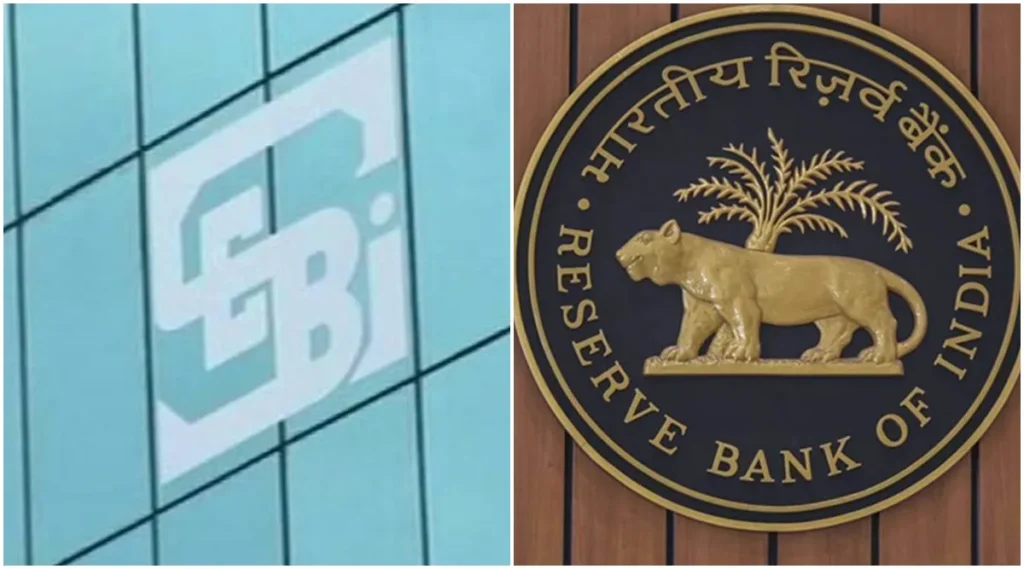India’s financial regulators are working on cryptocurrency policy, with a discussion paper coming in Q3 2024, indicating a possible shift in India’s crypto approach.

The Reserve Bank of India (RBI) and the Securities and Exchange Board of India (SEBI) have joined an inter-ministerial committee that is responsible for the development of a comprehensive crypto policy.
This collaboration represents a potential turning point in their stance on cryptocurrencies, as a discussion paper that outlines the government’s stance is anticipated to be released in the third quarter of 2024.
India Crypto Policy Development & Regulatory Collaboration
India’s financial regulators, RBI and SEBI, are collaborating with other government entities to develop the India crypto policy.
In an interview, Economic Affairs Secretary Ajay Seth disclosed that a discussion paper outlining their viewpoint on cryptocurrencies is anticipated to be released before September 2024.
The objective of the paper is to collect feedback from stakeholders regarding potential regulations for India’s crypto policy.
Seth clarified that the current regulatory approach, which was expanded to include crypto assets and intermediaries in March 2023, is exclusively focused on anti-money laundering (AML) and counter-terror financing (CTF) provisions.
The RBI and SEBI are currently engaged in the development of a more comprehensive policy framework as part of an inter-ministerial group.
This development is a result of their G20 presidency in 2023, during which member countries approved the guidelines established by the Financial Stability Board (FSB) and the International Monetary Fund (IMF).
The discussion paper will cover significant policy and regulatory issues.
It comes amid conflicting views within Indian authorities, with SEBI reportedly open to allowing private virtual asset trading, while the RBI maintains concerns about macroeconomic risks.
Following the Supreme Court’s 2020 decision to invalidate the RBI’s 2018 ban on crypto-related financial services, this initiative represents a significant stride in their cryptocurrencies approach.
The government’s position has changed since 2021, when a bill was drafted that proposed a ban on private cryptocurrencies; however, it was never introduced.
The upcoming discussion paper is expected to be consistent with the G20-endorsed IMF-FSB framework, which advises against sweeping bans on crypto activity.
This development indicates their shift toward a more nuanced and potentially inclusive approach to cryptocurrency regulation.
Divergent Regulatory Views and Market Impact
SEBI has expressed a willingness to allow private virtual asset trading and has recommended that multiple regulators oversee crypto trading nationwide in May.
This stance is in contrast to the RBI’s historically tighter control over cryptocurrencies and its ongoing concerns about macroeconomic risks.
However, SEBI’s recommendation has gained support among crypto industry participants, possibly indicating a more inclusive approach to cryptocurrency regulation.
The market is anticipating this development, as it suggests a potential SHIFT from the RBI’s long-standing restrictive posture on cryptocurrencies.
The upcoming discussion paper and policy framework are expected to bridge these divergent opinions and develop a balanced approach to cryptocurrency regulation in the country.
